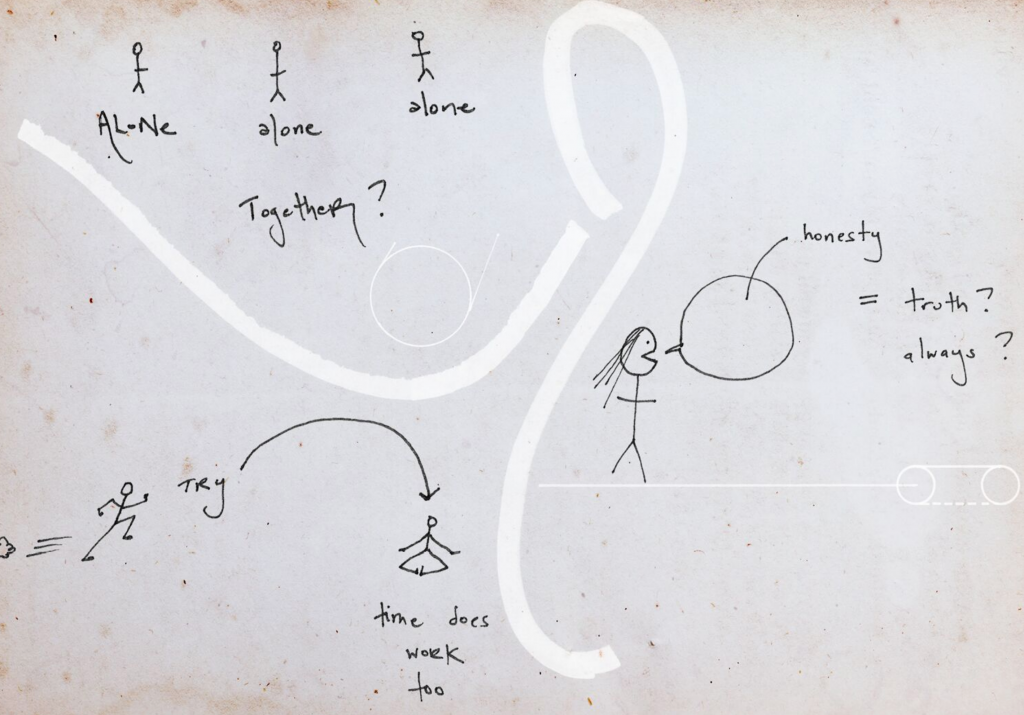Philosophy for children (P4C) has great tools for talking with young people

Back in 1969, Matthew Lipman and Ann Margaret Sharp came up with a colossal insight around a philosophy for children (P4C) methodology. Their approach tapped into the fact that stories give children access to deep ways of thinking. This was especially true when children read aloud with adults who deliberately prompted them in conversations through a ‘community of inquiry’.
Like many brilliant ideas, P4C is a beautifully simple method which also covers a heap of profound practices. These include ensuring that children and adults participate in deep listening and questioning. The result is a face-to-face inquiry method that works extremely well for middle school students. Today, we are also examining how online resources fit with the integrity of its face-to-face classroom successes.
Interestingly, P4C is not a methodology which uses conventional worksheets, exams or tests to measure its effectiveness. On the other hand, the UK’s Education Endowment Foundation conducted a 2012 to 2014 study with nine-and 10-year-old children in England who participated in a philosophy class once a week. Over the course of a year, researchers showed that there was a significant boost in their math and literacy skills. Indeed, disadvantaged students showed the most significant gains, according to the large and well-designed report. Furthermore, the study, reported in Quartz magazine in 2016, showed that the beneficial effects of philosophy lasted for two years, with “the intervention group continuing to outperform the control group long after the classes had finished.”
